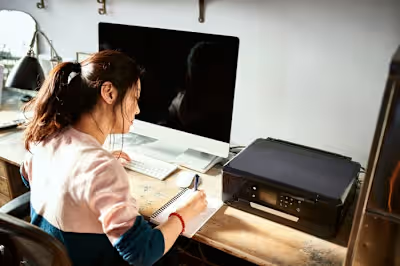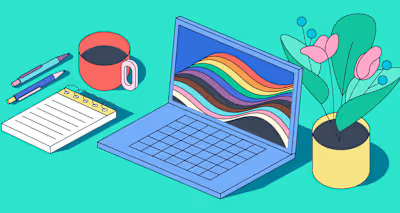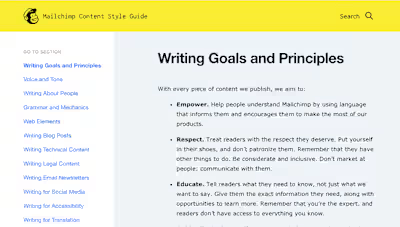The 4 Bank Accounts You Absolutely Need for Your Freelance...


A smiling woman typing on her laptop while sitting in a cafe.
Image source: Getty Images
Freelancing offers the opportunity to craft your own rules and live a lifestyle that may suit you better than a traditional 9-to-5 job. But it also comes with unique difficulties, especially when it comes to managing money. That's why it's vital to know what bank accounts are best suited to your needs when you don't have a set income.
Here are the four accounts you need to open ASAP.
1. Business checking
One key account for freelancers is a business checking account. This lets you separate your business and personal finances, which can help you manage your finances more easily. But it comes with another key benefit: If your business is ever sued, your personal funds would be protected.
2. High-yield checking
To maximize your earnings, you can keep your personal cash in a high-yield checking account. It's a great option since you can score a high rate (right now, that's anywhere from 0.25% to 50% APY), while a traditional checking account doesn't usually offer any opportunity to earn interest.
3. Emergency savings account
The biggest hurdle in freelancing is that your income can fluctuate from month to month, which makes it difficult to manage your money effectively. That makes an emergency fund that much more important. After all, if you have an especially low income month, or something expensive -- like a medical emergency or flat tire -- pops up, you need a way to weather that storm.
The traditional advice around these accounts is to save three to six months' worth of necessary expenses. But freelancers can't always depend on a specific amount of money coming in each month. So, ideally, you'll want to extend that figure to six to 12 months' worth of necessities.
Let's say you need $5,000 a month to get by. As a salaried employee, you could have an emergency fund of just $15,000 -- but you'd have to save at least $30,000 (up to $60,000) to ensure you're secure as a freelancer.
Remember: That includes bills like rent, groceries, and internet, but excludes expenses like entertainment. And you should expect to dip into that account along the way to getting to your ideal savings balance. All that said, by keeping this money in a separate account, you'll be more likely to only touch those funds when you truly need them.
4. Envelope savings account
Aside from saving for emergencies, you probably have a bunch of other financial goals that you want or need to save for. That's why an envelope savings account is key. It lets you create mini-savings accounts (sometimes called "buckets," "pockets," or "vaults," depending on the bank).
You can designate these for different goals. For example, you might have one for a mortgage, one for a trip, and one for the dreaded quarterly tax payments that come with the freelancing lifestyle.
This way, you can minimize your digital banking footprint while still making sure that you're making progress on your goals. (And setting aside tax money each month or whenever you get paid can be a bit less painful than making a big quarterly payment out of your checking account. Take it from someone who's been exclusively freelancing for six years.)
Freelancing requires a lot of forethought and careful planning to be successful. By setting your finances up across these four key accounts, you'll be better able to manage your money and account for the many unexpected events that can happen over the course of your career.
Alert: highest cash back card we've seen now has 0% intro APR until 2025
This credit card is not just good – it's so exceptional that our experts use it personally. It features a 0% intro APR for 15 months, a cash back rate of up to 5%, and all somehow for no annual fee!
Click here to read our full review for free and apply in just 2 minutes.
We're firm believers in the Golden Rule, which is why editorial opinions are ours alone and have not been previously reviewed, approved, or endorsed by included advertisers. The Ascent does not cover all offers on the market. Editorial content from The Ascent is separate from The Motley Fool editorial content and is created by a different analyst team.The Motley Fool has a disclosure policy.
Like this project
Posted Dec 10, 2024
Freelancers' finances have different requirements than traditional workers. Read on to learn which bank accounts freelancers need to succeed.
Likes
0
Views
6







